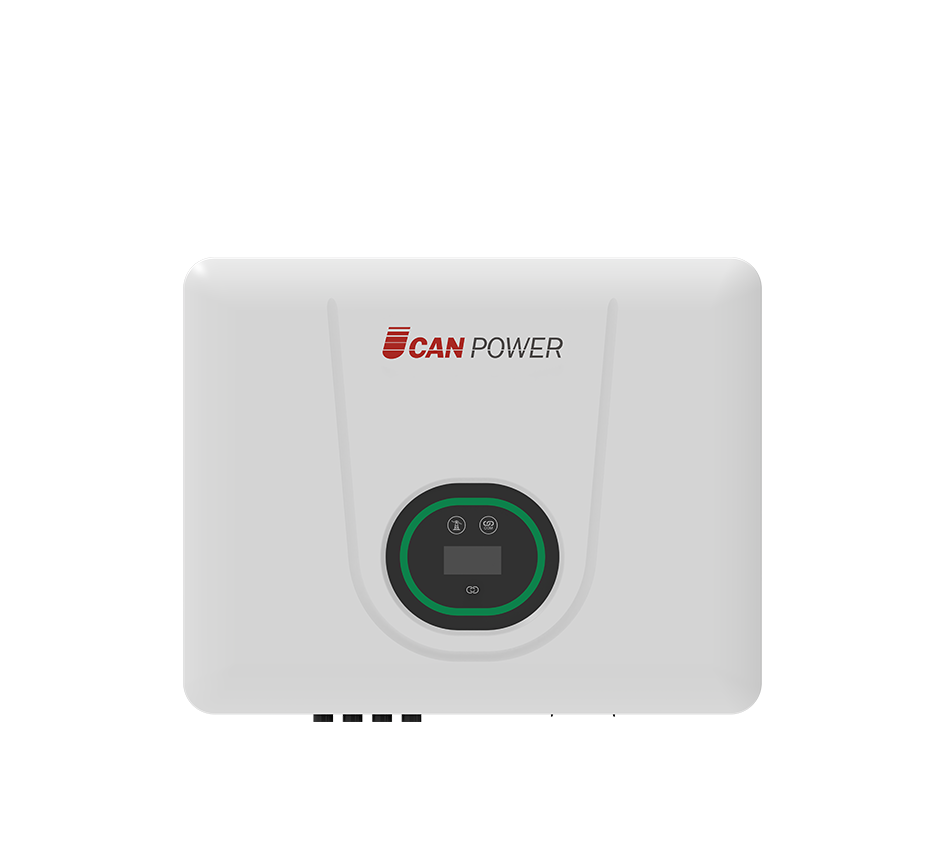With the popularization of renewable energy and the development of smart homes, residential energy storage systems have gradually become the core equipment for modern home energy management. This system can not only effectively store renewable energy such as solar energy, but also provide stable power supply during power outages or peak periods, helping households reduce electricity costs and achieve energy self-sufficiency.
Residential energy storage systems are typically composed of high-performance lithium batteries, which have the characteristics of high energy density and long lifespan. Its intelligent management system can monitor the battery status in real time, optimize charging and discharging strategies, and ensure the efficient operation of the system. In addition, the system also supports remote control and diagnosis, and users can monitor the system's operation anytime and anywhere through mobile applications.

In addition to basic energy storage functions, residential energy storage systems can also be linked with other smart home devices to achieve more intelligent energy management. For example, when the electricity price on the grid is high, the system will automatically switch to battery power mode to save electricity costs; When the electricity price is low, the system will charge and fully utilize the cheap electricity.
